Title: "Harmony in Harvest: Rediscovering Ancient Traditions on Lunar New Year's Eighth Day"
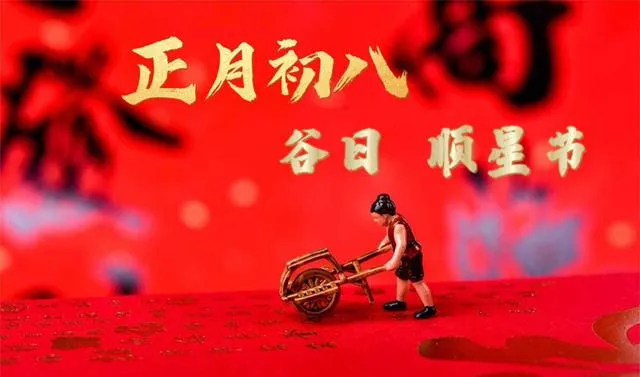
In the intricate weave of Lunar New Year traditions, the eighth day of the first lunar month stands out as a day of celebration known as "Gu Ri" or "Grain Day." This day resonates with the ancient myth of Nuwa, the goddess of creation, who, on this auspicious day, crafted the six domestic animals, followed by humanity, and finally, the gift of grains. The creation of grains, particularly millet, symbolized a profound act to ensure sustenance for future generations. In gratitude, people commemorate this day as "Gu Ri" on the eighth day of the Lunar New Year.

Beyond "Gu Ri," this day encompasses "Shunxing Festival" (順星節) and "Eight Immortals Festival." While modern routines may beckon many back to work by the eighth day, preserving and understanding these traditions is crucial to appreciating the rich cultural heritage embedded in Lunar New Year festivities. Let's delve into the significance and customs associated with the eighth day of the Lunar New Year.
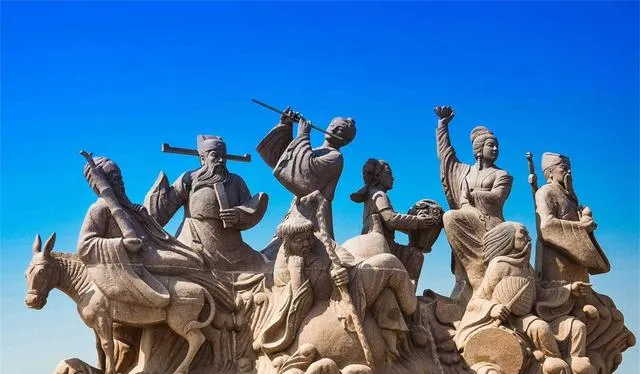
Gu Ri: Cultivating Gratitude for Grains
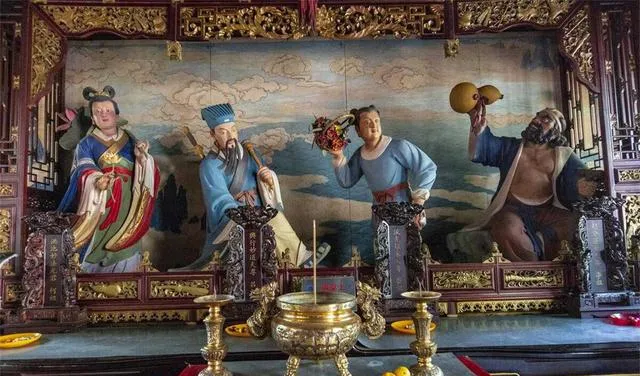
"Gu Ri" revolves around paying homage to grains and expressing gratitude for their abundance. In ancient times, elaborate ceremonies honored the Grain God, emphasizing reverence for agriculture and the importance of bountiful harvests.
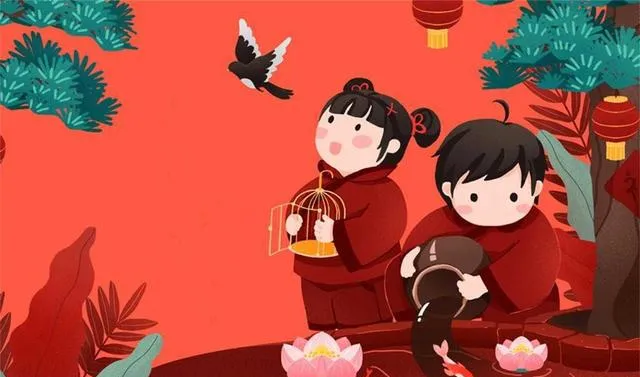
While these rituals have evolved, the essence of "Gu Ri" endures. Families take this opportunity to educate children about various crops, instilling an appreciation for food resources. Engaging children in activities such as making bread, noodles, or porridge fosters an understanding of the toil of farmers and the preciousness of sustenance.

Shunxing Festival: Nurturing Celestial Connections

The eighth day, known as "Shunxing Festival," invites people to commune with celestial influences. According to folklore, celestial stars descend to Earth on this day. Families conduct ceremonies at home, offering prayers to the stars for blessings of good health, prosperity, and overall well-being in the upcoming year.
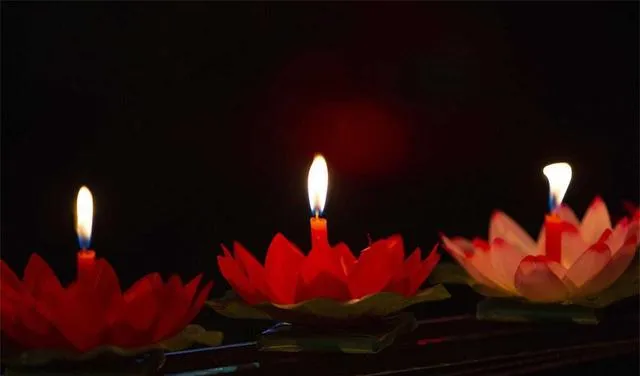
In some regions, people visit temples or shrines dedicated to the "Shunxing" star deity, presenting fresh fruits, meals, and lit candles as offerings. These rituals symbolize a collective wish for a harmonious and auspicious year ahead as individuals seek the benevolence of celestial forces.
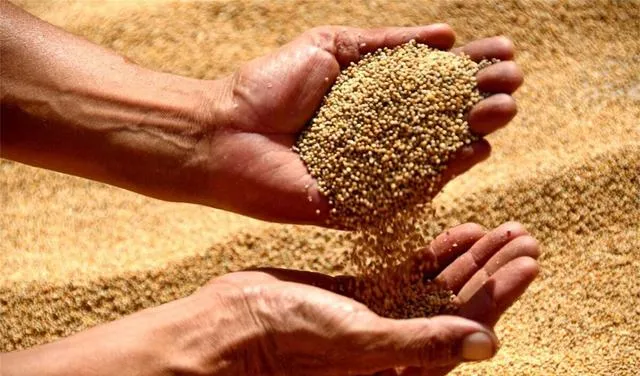
Eight Immortals Festival: Honoring Benevolent Deities
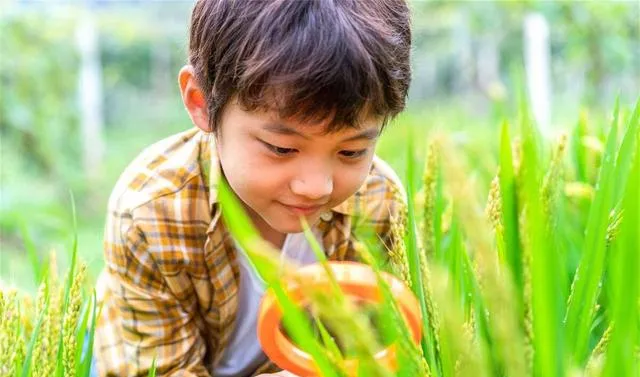
The "Eight Immortals Festival" on the eighth day venerates legendary figures known for their compassion and aid to humanity. Families set up altars adorned with fresh fruits, dishes, and incense to pay respects to the Eight Immortals, seeking blessings for health, wealth, and fortune.
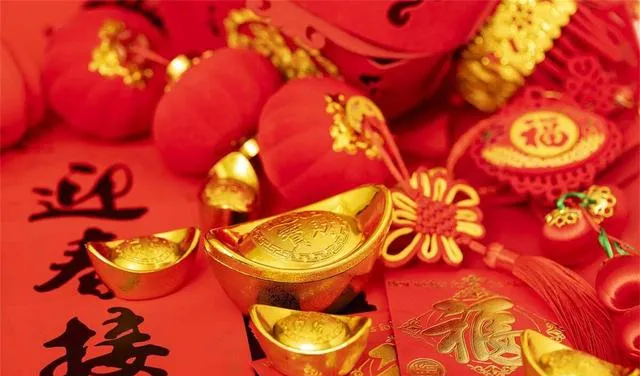
In some regions, there is a tradition of "receiving" the Eight Immortals by preparing elaborate offerings and inviting the deities into one's home. This practice reflects the enduring respect for benevolent forces and the desire for divine protection throughout the year.
Folk Customs: A Mosaic of Rituals
Release and Blessing: Many places organize animal release activities on the eighth day, symbolizing compassion and virtue accumulation. Releasing fish, turtles, birds, and other creatures into nature is believed to appease celestial beings and accumulate blessings.
Worshipping Stars: Folklore suggests that the eighth day is when stars descend, influencing individual destinies. Worshipping stars involves lighting candles and incense, seeking favorable cosmic influences for the year ahead.
Market Opening: Traditionally, businesses closed during the Spring Festival and reopened on the eighth day. The number "eight" signifies prosperity, making it an auspicious day to resume commercial activities. Presenting offerings and invoking good fortune are common practices.
Nature Exploration: Taking advantage of the milder weather, families may venture into the countryside on the eighth day. This not only allows for the appreciation of nature but also serves as an opportunity to educate children about crops, fostering a connection with the environment.
In conclusion, the eighth day of the Lunar New Year encapsulates a tapestry of traditions, blending reverence for grains, celestial communion, and homage to benevolent deities. Preserving and understanding these customs ensures the continuation of cultural richness, weaving personal narratives into the timeless fabric of Lunar New Year festivities. Embracing the essence of "Gu Ri," "Shunxing Festival," and "Eight Immortals Festival" allows individuals to celebrate a harmonious blend of ancient wisdom and contemporary living. As we rejoice in the vibrancy of this day, may the grains flourish, the stars align favorably, and the benevolent spirits bestow blessings upon all in the Year of the Tiger.











